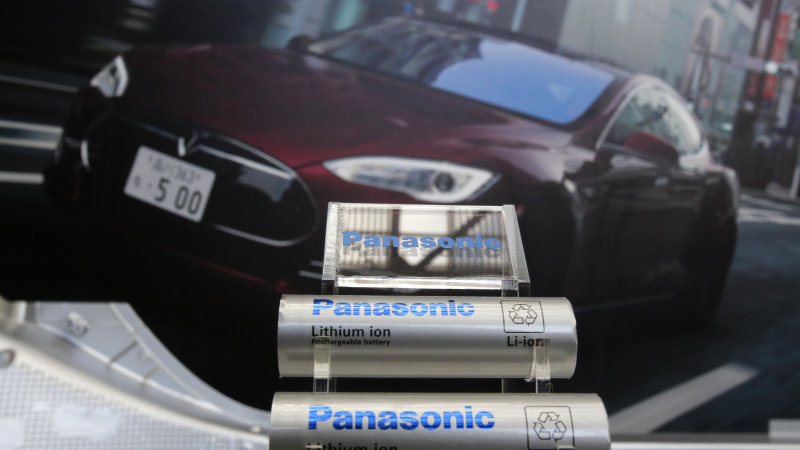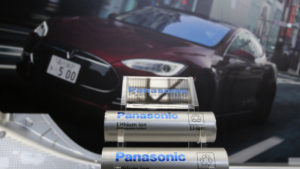Both Tesla and Panasonic will Eliminate Cobalt from their Batteries

In recent years, a shortage of cobalt has resulted from rising mineral prices and the worldwide spread of new energy vehicles. A round of technical updates has been launched between the top battery makers in an effort to reduce the use of cobalt in lithium-ion batteries. Panasonic has drastically reduced the use of cobalt in its latest in-car battery product called the ternary lithium battery, and it is working on a plan to eliminate cobalt from car batteries in the near future.

Compared with other vehicle-mounted power batteries, the ternary lithium battery wins mainly because of its high energy density. At present, the range of new energy vehicles is a problem that needs to be solved urgently. In summary, the ternary lithium battery will become the mainstream choice of power battery. However, the batteries are expensive and contain a rare and non-renewable element, which is cobalt. The anode materials of NCM ternary lithium batteries are mainly lithium, nickel, cobalt, manganese, and other elements, among which the content of cobalt is the highest. It is reported that every ton of ternary lithium material will consume nearly 0.4 tons of lithium carbonate material. According to the forecast by some brokers, the global demand for cobalt elements for new energy vehicle ternary lithium batteries will reach 35,600 tons in 2020. According to relevant reports, power batteries account for 42% of cobalt metal consumption, which has become the main consumer. With the development of new energy vehicles, the demand for cobalt will increase day by day. Nowadays, new energy vehicles are being developed all over the world. Paris plans to stop selling petrol and diesel cars altogether from 2040; Germany has proposed that only zero-emission cars be allowed on the roads after 2030; Norway's four main political parties have agreed to ban the sale of fuel-efficient cars from 2025 onwards. Panasonic is the exclusive car battery supplier for Tesla's Model 3 for the mass market, and the batteries were produced in the battery production workshop of Tesla's Gigafactory Superplant in Nevada. Tesla said that the in-car battery tested in its Model 3 reached its maximum capacity density while "significantly reducing cobalt content". Moreover, the content of nickel element was further increased, so that it maintained excellent thermal stability.
{{item.content}}
LEVE A REPLY
{{item.children[0].content}}
{{item.content}}






